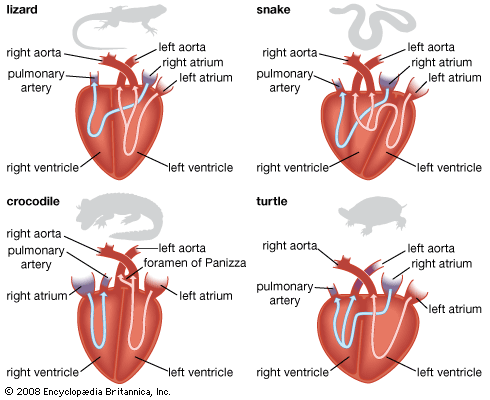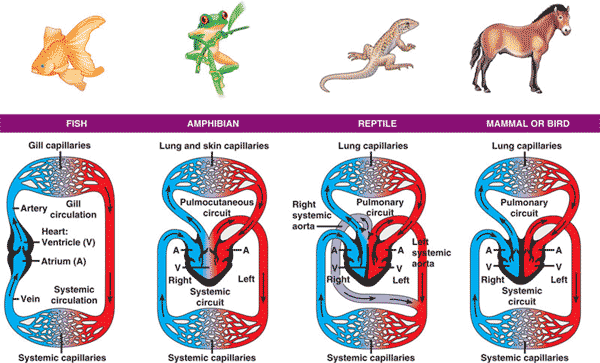Students who ask science professors certain questions will be the ones who’ll appreciate the weaknesses in various anti-ID or anti-creation theories. Preferably they’ll ask after they’ve gotten an “A” in the class, maybe even after they’ve gotten their diploma. The ideal IDist or creationist student can hopefully score in the 99th percentile on evolutionary tests, but still understand the difficulties with anti-ID theories like Darwinian evolution.
Jonathan Wells had his list of questions that high school students should ask their biology teachers, and there have been some good responses, thus I didn’t think Wells’ list provided pointed enough questions.
So I’m developing a list for college students interested in ID or creation science. Here are some questions off the top of my head which were occasionally inspired even by anti-IDists or anti-creationists:
1. How can functional proteins form without ribosomes or ribosome-like machines?
2. How can natural selection or neutral evolution evolve poly constrained DNA or any poly constrained systems in general?
3. How did the first organism regulate protein expression and cellular development without regulatory elements or developmental mechanisms?
4. How did any vital organ or protein form given the absence of the organ would be fatal? Absence of insulin is fatal in organisms requiring insulin. How did insulin become a vital part of living organisms? If you say it wasn’t essential when it first evolved, then how can you say selection had any role in evolving insulin without just guessing?
5. How did DNA evolve in a proteins-first or RNA first scenario?
6. How did amino acid homochirality evolve since the amino acids in biotic soup experiments are racemic, plus homochiral amino acids spontaneously racemize outside of living systems? How about DNAs and sugars? If the expectation value is 50% left, how do 100% left or right forms emerge in pre-biotic soups, and more importantly how is homochirality maintained long enough for chemical evolution to work?
7. Don’t dead dogs stay dead dogs and doesn’t Humpty Dumpty stay broken?
8. Describe how a partially functioning ribosomes or any partial implementation of the DNA code could operate in a working cell, and how a such cell can operate without such vital parts.
9. Are most laboratory and field observations of evolution reductive rather than constructive of new coordinated functions? For the sake of argument, let extinction can count as reductive evolution. When bacteria evolve antibiotic resistance, what proportion of cases involved evolution of a new complex protein?
10. Cite an experiment or field observation where a substantially new protein was evolved in real time or is expected to evolve in real time over the next few generations. Nylonase is the most cited example, but that wasn’t a substantially new protein. But even granting that, how many complex proteins are evolving in the biosphere versus those getting lost forever.
11. What new trait in human populations do you expect to become genetically fixed in all 7 Billion or so people, and how fast do you expect that trait to overtake the population in how many generation? If you can’t identify convincingly one or a few traits, how then can you argue for evolution of so many traits in the past?
12. If a species has a population of 10,000, how can selection act in a particulate manner on 4 giga bases of DNA individually? Wouldn’t such a large genome relative to small population size result in lots of selection interference, hence wouldn’t most molecular evolution be neutral of necessity as Kimura asserted?
13. Do geological layers involving permineralized fossils or other kinds of well-preserved fossils require rapid burial? If the burial process is rapid, does it really take millions of years then to make that particular layer that has fossils? If you find C14 in Cambrian fossils not the result of contamination or lab error, does that mean the fossil had a more recent time of death than 500,000,000 years? Given the half lives of DNA and amino acids or other decay processes of biological organisms, how can we account for preservation of these biotic materials for far longer than indicated by their chemical half-lives?
14. Can geological strata form rapidly? What about the university experiments and field observations that show strata can form rapidly? If they can form rapidly, and if fossil presence demands they form rapidly, doesn’t that suggest they formed rapidly?
15. If redshifts in the Big Bang model are discovered to be possibly caused by other mechanisms than relative motion, wouldn’t that put the Big Bang in doubt? Wouldn’t that also raise questions about stellar distances?
16. What is the farthest astronomical distance that can be determined by parallax or very long base line interferometry, and what fraction is that detection distance relative to the claimed size of the visible universe relative to the Big Bang? How do you account for Super Nova by stars not inside galaxies? If so, doesn’t that mean there is a higher probability of Super Nova in a star outside a galaxy by a factor of hundreds of billions if not more? If so, why should this be?
Feel free to list your ideas or improve the list above.
Remember, the goal is the question will be so powerful, that when the student asks the scientist or other authority figure, and when the scientist is forced to admit the truth, the student will realize the weakness in mainstream claims. I didn’t list vague or ambiguous soft ball questions. The strength of the biology questions is in complex design details, not some 19th century Darwinian view of the simplicity of life. I added a few YEC-friendly questions just for fun. A good scientist ought to welcome and value skepticism and hard questions.
I once gambled a little bit on a weaker question that a creationist biology student should ask her anatomy and physiology professor regarding the evolution of hearts. I basically suggested she ask about how the intermediate plumbing can work if it is not all wired-correctly in the first place. Here for example are the some various reptilian hearts:

how does it evolve from a fish heart?

When that biology junior posed that question, she came back the next week at our ID/Creation meeting beaming. She said, “you’re right, there are no transitionals!” I realized then whatever I said might not be as powerful as what professors are unable to say when asked the right questions!
Feel free to add your questions in the comment section or CEU Questions students should ask professors. I’ll be collecting them at a website for future reference which I can direct students to. Thanks in advance.
Photo credits: Encyclopedia Britannica, Quia.com.